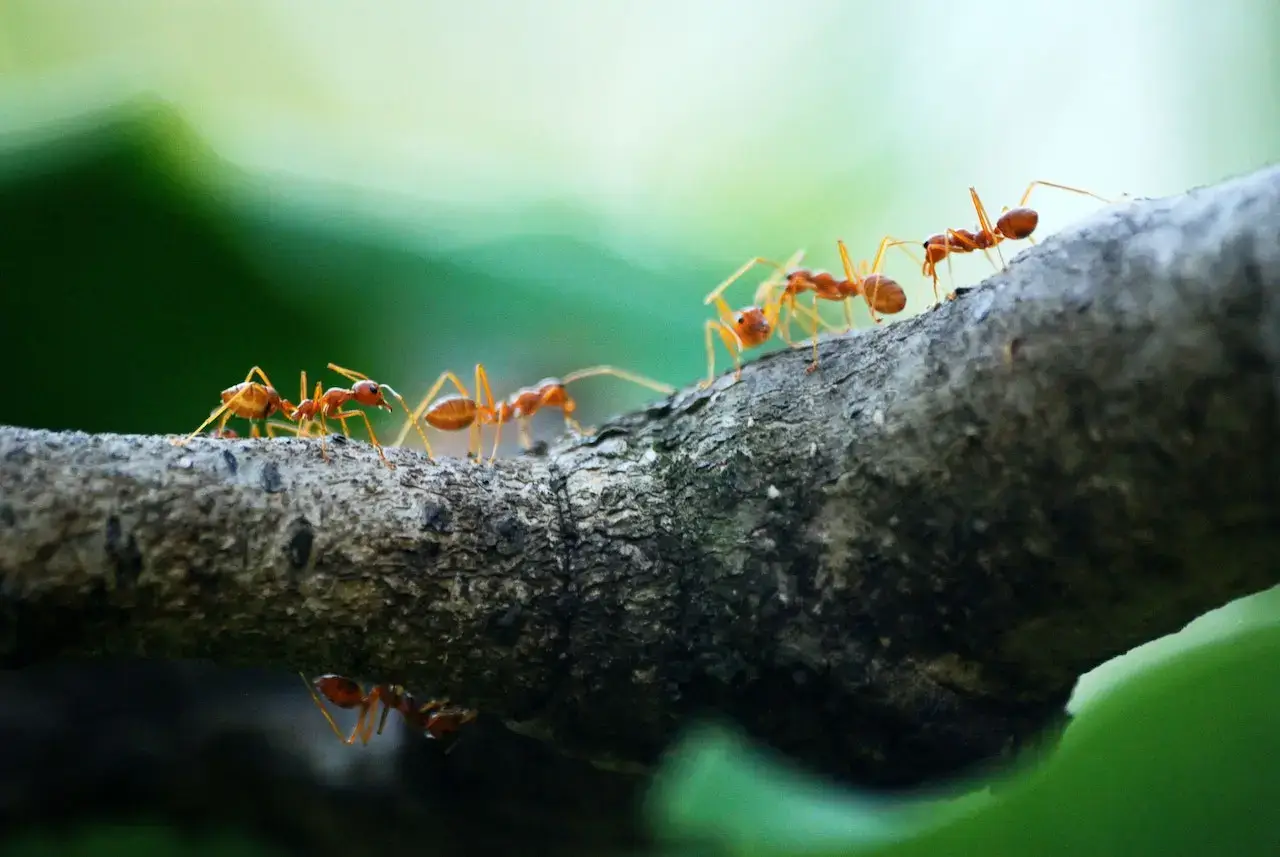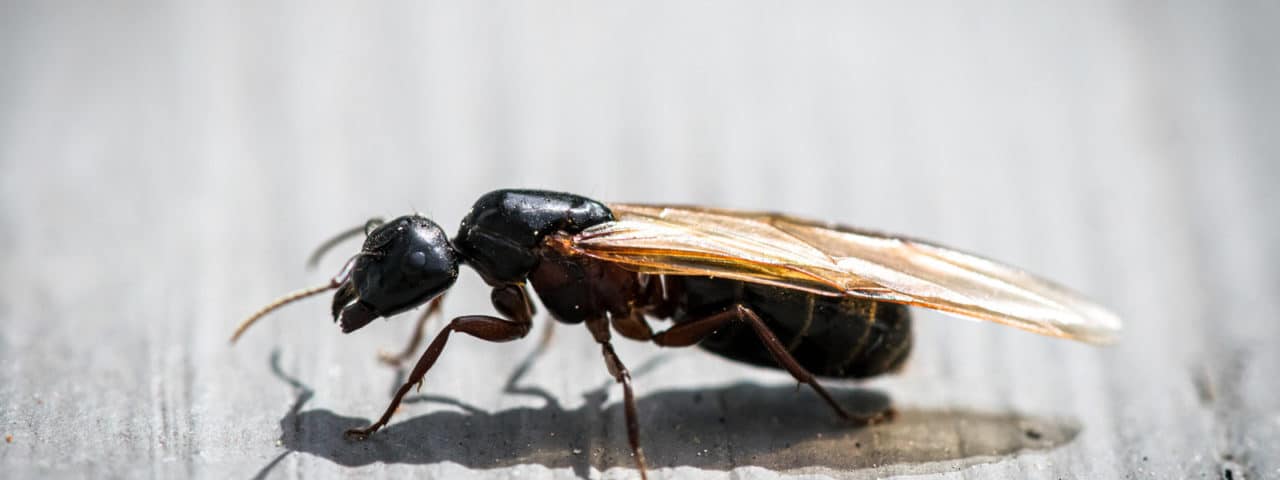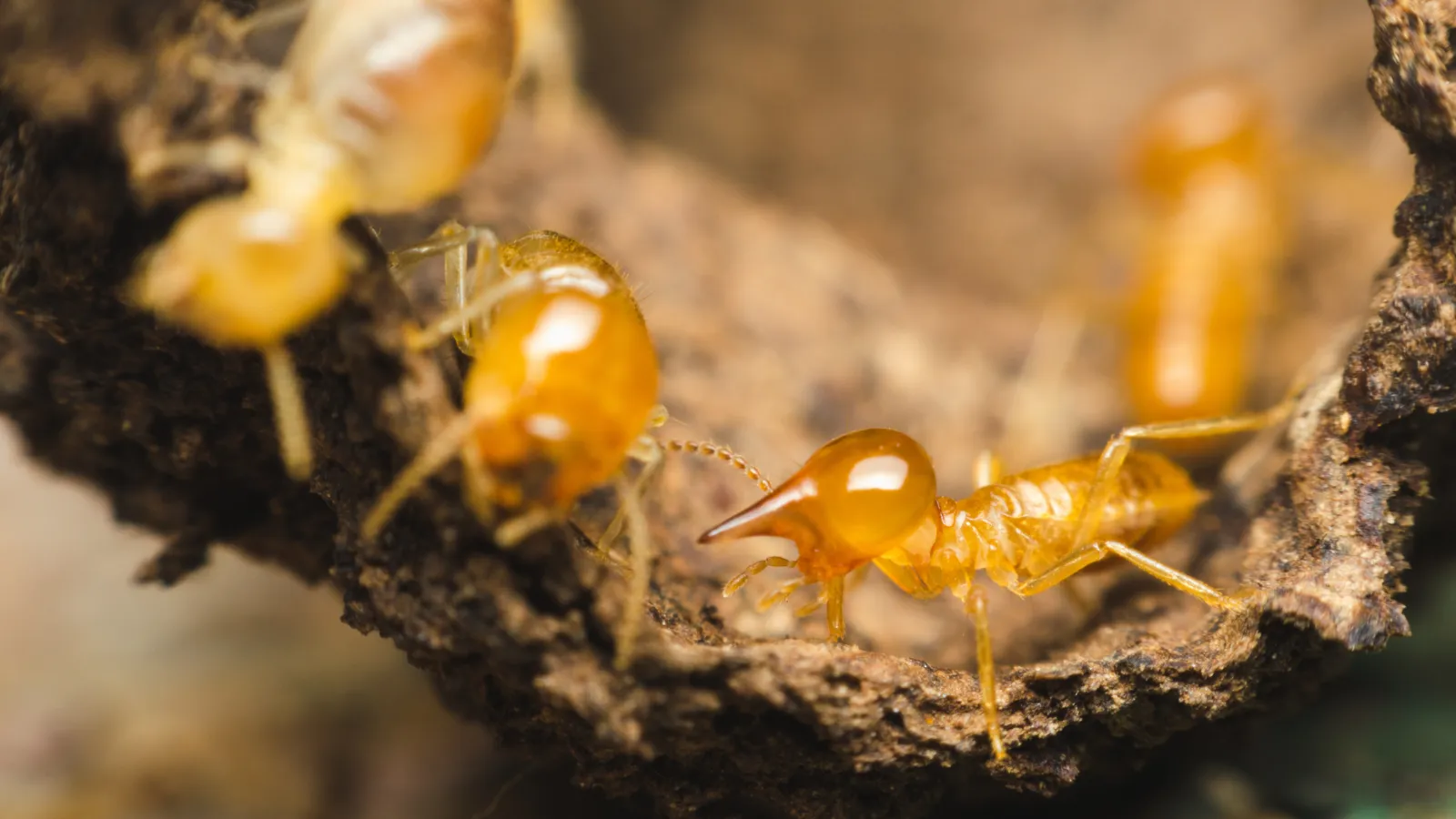Ecological Effect of Pest Control: Harmonizing Performance With Sustainability
The ecological effect of bug control is a critical issue that requires a delicate balance in between achieving effectiveness in taking care of parasites and making certain sustainability of our ecological communities. As we aim to safeguard our plants, homes, and wellness from the threats positioned by parasites, the techniques we employ can accidentally harm the environment. From the usage of harmful chemicals that leak into our dirt and water to the unintended effects on non-target types, the effects of traditional pest control methods are significant. There are emerging approaches that provide hope for a much more sustainable method to pest monitoring. These solutions not only purpose to attend to the prompt pest problems however additionally consider the lasting wellness of our planet.
Hazardous Chemicals in Insect Control
The usage of damaging chemicals in parasite control poses significant environmental and health risks that warrant careful consideration and mitigation techniques. Pesticides, herbicides, and chemicals are frequently made use of to eradicate parasites, yet their prevalent application can cause unexpected repercussions. These chemicals can pollute soil, water resources, and the air, influencing not only the targeted pests yet additionally useful insects, wild animals, and people.

To resolve these risks, integrated pest monitoring (IPM) methods are being advertised as a more sustainable alternative. IPM involves a mix of approaches such as organic control, habitat control, and the targeted use pesticides as a last option (ant control faquay varina nc). By taking on a holistic strategy to pest control, we can decrease the environmental and health influences connected with unsafe chemicals while effectively taking care of pest populaces
Influence On Non-Target Variety
Thinking about the unintentional repercussions of insect control methods, the effect on non-target species is an essential facet that needs comprehensive analysis. While insect control measures aim to target specific parasites, other microorganisms in the community might be inadvertently influenced. Non-target types, including valuable insects, birds, animals, and even plants, can experience direct or indirect damage from chemical applications or biological control techniques.
Pesticides developed to fight a certain bug pest may hurt pollinators like or natural predators such as ladybugs. Biological control agents, if not species-specific, can position dangers to unexpected targets, interrupting the environmental balance.
To reduce the effect on non-target species, incorporated parasite monitoring (IPM) strategies that stress an all natural approach to pest control are recommended. These methods focus on making use of environmentally pleasant methods, decreasing injury to advantageous organisms while efficiently managing pest populaces. Carrying out detailed threat evaluations and monitoring the end results of bug control efforts are important steps in safeguarding non-target varieties and promoting overall ecological community wellness.
Dirt and Water Contamination
Unplanned environmental repercussions of parasite control methods prolong past affecting non-target varieties, with significant ramifications for dirt and water contamination - termite control. Chemicals, herbicides, and chemical plant foods used in bug control can seep right into the soil and contaminate groundwater, presenting a risk to both terrestrial and water communities.
Water contamination is another crucial problem associated with pest control practices. To mitigate dirt and water contamination from bug control tasks, integrated parasite administration methods that prioritize sustainability and reduce chemical inputs are essential.
Air Pollution From Chemical Usage
Direct exposure to airborne chemicals during agricultural applications positions a significant worry for air contamination control procedures. When chemicals are splashed onto plants, they can volatilize right into the air and type volatile natural substances (VOCs) and other air-borne pollutants. These chemicals can add to the formation of ground-level ozone, a significant component of smog that can have destructive impacts on human wellness, crop performance, and total air high quality. Additionally, chemical drift, where chemicals are brought by the wind to unintentional locations, can result in the contamination of close-by ecosystems and water bodies.

Techniques for Lasting Pest Control
In the realm of agricultural methods, implementing lasting insect control approaches is critical for keeping ecological balance and protecting plant yields. Sustainable insect control highlights the usage of eco-friendly techniques to manage insect populaces successfully while decreasing harm to non-target microorganisms and communities. Integrated Insect Administration (IPM) is a commonly embraced technique that integrates organic, cultural, physical, and chemical control techniques to achieve long-term pest management solutions.
One key strategy in sustainable parasite control is promoting biodiversity within agroecosystems. By enhancing natural opponents of insects, such as parasitoids and predators, farmers can reduce the need for synthetic chemicals. Plant rotation and diversification are also reliable methods to disrupt pest life cycles and develop much less positive look at more info problems for bugs to prosper. Additionally, making use of pest-resistant crop selections and employing strategies like trap cropping can help in reducing pest stress without depending heavily on chemical treatments. Eventually, by integrating these sustainable pest control approaches, farmers can accomplish a balance in between pest administration effectiveness and ecological stewardship.
Final Thought
Finally, the ecological effect of pest control approaches need to be thoroughly thought about to balance effectiveness with sustainability. Hazardous chemicals made use of in pest control can result in dirt and water contamination, air contamination, and damage non-target species - ant control. It is crucial to carry out lasting pest control methods to decrease these negative results on the atmosphere and advertise a much healthier ecosystem for future generations
By adopting an alternative strategy to pest control, we can minimize the ecological and health impacts connected with unsafe chemicals while efficiently handling pest populaces.

To mitigate the air pollution caused by chemical usage, it is vital to take on integrated parasite management approaches that prioritize the usage of non-chemical pest control methods, such as crop rotation, natural predators, and immune crop ranges. Sustainable insect control stresses the use of eco friendly techniques to take care of pest populations properly while reducing harm to non-target microorganisms and ecological communities. Integrated Pest Administration (IPM) is an extensively taken on method that integrates biological, social, physical, and chemical control approaches to accomplish long-lasting bug monitoring solutions.